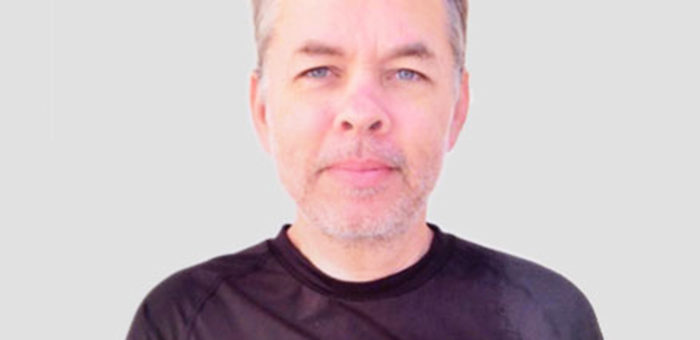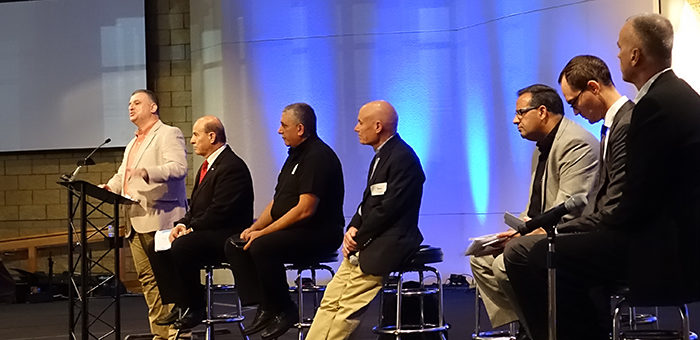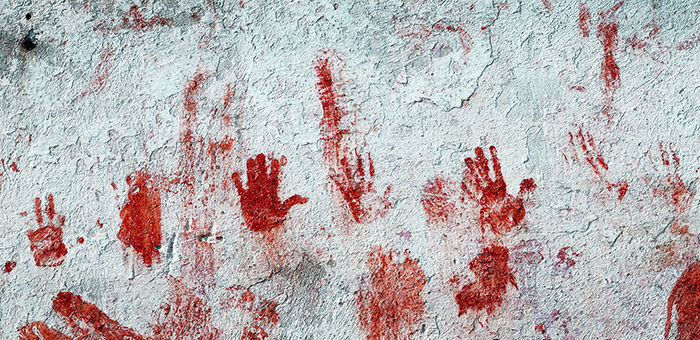For three years, Pastor Youcef Nadarkhani has been the face of persecuted Christians worldwide. An Iranian who converted to Christianity when he was a teen, Nadarkhani was arrested on Oct. 12, 2009, charged and convicted by a provincial court with apostasy from Islam, and sentenced to death.
Iran’s Supreme Court upheld his conviction and sentence in a July 2011 ruling, leaving the date of his execution to the provincial court. Surprisingly, however, that court acquitted him of apostasy and released him from prison on Sept. 8, 2012. Unfortunately, it convicted him of evangelizing Muslims, though it sentenced him to time already served.
We thank God for this welcome turn of events but also keep in mind the obstacles to religious freedom Christians still face in Iran. Laws prohibiting evangelism and apostasy remain on the books. Agents of the Iranian government continue to harass Christians. They have raided evangelical Christian churches, harassed members and arrested pastors.
Religious persecution is not limited to Christians, however, nor does it occur only in Muslim-majority countries. The U.S. Department of State’s International Religious Freedom Report for 2011 laments that “too many people live under governments that abuse or restrict freedom of religion.” In the face of such persecution, what can the church in America do to promote religious freedom worldwide?
First, we can pray. Paul sets out a prayer agenda in 1 Timothy 2:1–4. We should pray for “all those in authority” so that we may live “quiet and peaceful lives.” But we should also pray for “all people” that they “may be saved.” God desires peace both in this age and the age to come, and prayer is one of the means he uses to fulfill that desire. Are we praying for the freedom of persecuted Christians? Are we praying for the salvation of their persecutors?
Second, we can educate and advocate. In 1 Corinthians 12:26, Paul writes, “If one part suffers, every part suffers with it.” He was speaking of the local church, but the local church is a node on the social network of the church universal. Are we utilizing that network to stay informed about what is happening to our persecuted brothers and sisters worldwide and to advocate for their freedom?
Third, the church can act. Our Lord gave this command: “So in everything, do to others what you would have them do to you” (Matthew 7:12). We cannot expect the adherents of other religions (or none at all) to respect Christians’ religious freedom unless we also respect their freedom. Are our actions creating a culture where faith is formed by persuasion rather than coercion?
We rejoice that Pastor Nadarkhani is free, but there is still much work to do to advance the cause of religious freedom.
This article originally appeared in the NAE Insight.
George O. Wood was the general superintendent of the Assemblies of God USA for 10 years. He continued to serve as chairman of the World Assemblies of God Fellowship after his retirement. He’s held many different roles, including a college director of student life, a pastor, and author of several books, and he served as general secretary of the Assemblies of God for 14 years before becoming general superintendent. Wood received a doctoral degree in pastoral theology from Fuller Theological Seminary and a juris doctorate from Western State University College of Law in Fullerton, California.




 View All Articles
View All Articles 











